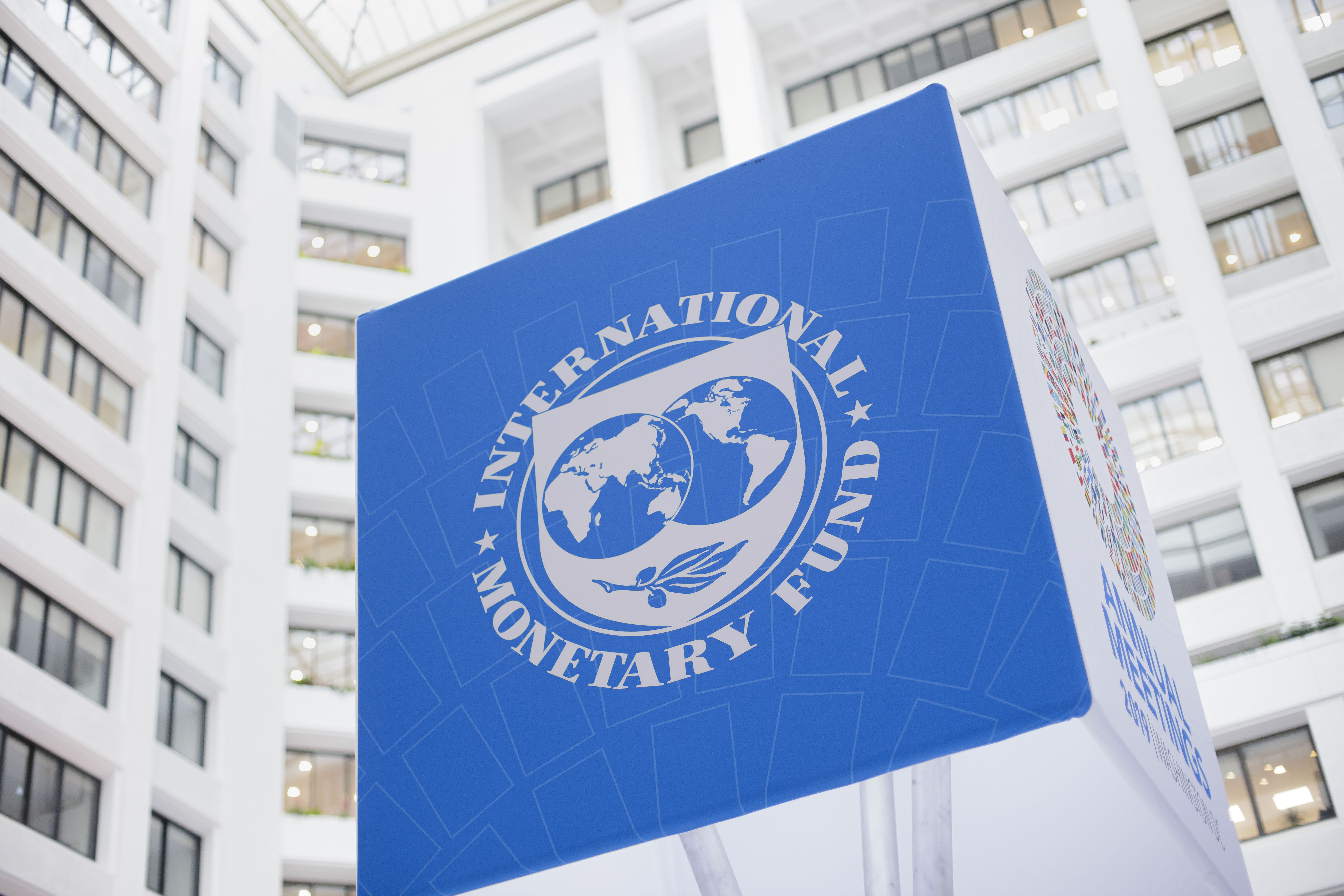The International Monetary Fund logo at its headquarters in Washington, DC
Thomas Trutschel | Photothek | Getty Images
LONDON – The International Monetary Fund expects a stronger economic recovery in 2021, with the start of the distribution of the Covid-19 vaccine, but warns of “daunting challenges” due to different rates of vaccine administration worldwide.
On Tuesday, the organization said it expects the world economy to grow 6% in 2021, above the 5.5% forecast in January. Looking ahead, the global GDP (gross domestic product) for 2022 is expected to increase 4.4%, above an earlier estimate of 4.2%.
“Even with great uncertainty about the path of the pandemic, a way out of this economic and health crisis is increasingly visible,” said Gita Gopinath, chief economist at the IMF, in the latest World Economic Outlook report.
The latest round of fiscal stimulus in the U.S., along with vaccine launches worldwide, left the group more confident about the global economy this year.
Income inequality within the country is likely to increase because young workers and those with relatively lower skills remain most affected not only in advanced markets, but also in emerging and developing economies.
Gita Gopinath
Chief Economist of the IMF
“However, the outlook presents daunting challenges related to divergences in the speed of recovery both between countries and within countries and the potential for persistent economic damage from the crisis,” added Gopinath.
The IMF estimates growth of 5.1% for advanced economies this year, with the United States growing 6.4%.
Meanwhile, the group’s forecast for growth in emerging and developing economies is 6.7% for 2021, with India growing up to 12.5%.
“Income inequality within the country is likely to increase because young workers and those with relatively lower skills remain more affected not only in the advanced markets, but also in the emerging and developing economies,” warned Gopinath, adding that the lower levels female employment also exacerbate disparities.
As a result, the IMF said that governments should continue to focus on “escaping the crisis” by providing fiscal support, including for their health systems. In a second phase, “lawmakers will need to limit the long-term economic scars” of the crisis and boost public investment, he added.
“Without additional efforts to give everyone a fair chance, the gaps in living standards across countries could widen significantly and the global poverty reduction trends of decades could be reversed,” said Gopinath.
Recovery in the USA
The latest forecasts suggest that the United States is well positioned to experience a solid economic recovery in 2021, unlike much of the world, where it is likely to take longer to return to pre-crisis levels.
The positive assessment for the US is highly driven by President Joe Biden’s $ 1.9 trillion coronavirus rescue package, which took effect last month.
Thus, unemployment in the United States is expected to fall from 8.1% in 2020 to 5.8% this year and to 4.1% in 2022, according to the latest IMF projections.
In February, Treasury Secretary Janet Yellen said the United States could return to full employment in 2022. “There is absolutely no reason for us to suffer from a long, slow recovery,” she told CNN at the time.
The latest IMF forecasts confirm that the United States is on track to not only return, but to surpass its pre-Covid levels this year.
“Among advanced economies, the United States is expected to exceed its pre-Covid GDP level this year, while many others in the group will return to pre-COVID levels only in 2022,” added Gopinath.
